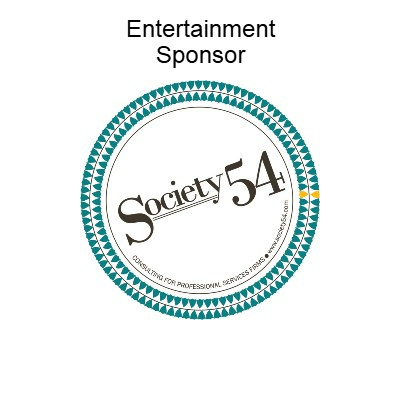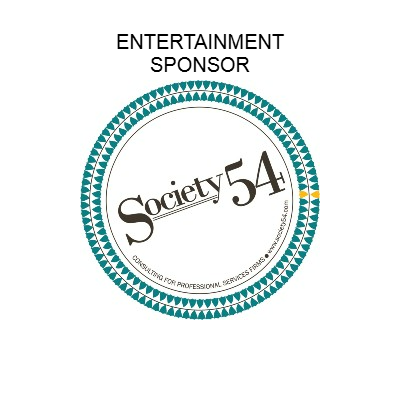Robert YeggeRobert Yegge died in December 0000. On December 16th, friends, colleagues, students and the entire legal profession lost a legend. Robert B. Yegge, Dean Emeritus of the University of Denver Sturm College of Law, died of respiratory failure at a Denver, Colorado hospice. Bob Yegge was born June 17, 1934, and, despite the handicap of having a lawyer for a father, went on to set his own gold standard as a lawyer, law professor and dean. At the tender age of 14, while a student in Junior High, he began hosting a Saturday morning radio show called “TeenScenes,” which featured contemporary music by well-known artists of the day.He continued the radio show through high school, this time with the handle “Ukulele Yegge”. He was actually very proficient on this instrument. After graduating from East High in 1952, Bob worked the summer before college as a reporter for the Rocky Mountain News. Until his death, Bob was still a card-carrying member of the Denver Press Club. After his stint with the News,Bob shipped off for Princeton University. Radio was still in his blood, however, and so this budding disc jockey started the first commercial FM college radio station in the country while at Princeton. Upon arriving on the Princeton campus as a first-year student and moving into hisassigned residence hall, Bob discovered that the bathroom plumbing was stopped up. Undaunted, he set out to find a custodian to fix the problem. Walking across the quadrangle, Bob encountered a lean little man with untamed hair, wearing coveralls,watering a bed of flowers. He persuaded the man to follow him back to his room,where together they got the plumbing flowing again. No sooner had the“custodian” beaten a hasty retreat when an upperclassman approached Bob and asked,“Do you have any idea who that was?” Bob shrugged his shoulders and responded “the custodian”. “Are you crazy?” said the upperclassman. “That was Albert Einstein”. Bob had always thought that he would be a physician. But this nasty run-in with Albert Einstein and a course called Physics put an end to that ambition. While this proved to be a loss to the medical field, I think we can all agree that it was a huge gain for the legal profession. After graduating magna cum laude from Princeton, Bob returned to Denver, wherehe earned a masters degree in sociology and a juris doctor degree…both from theUniversity of Denver. While waiting for his bar results, Bob went to work for his father’slaw firm, Yegge, Bates, Hall and Shulenberg. Harold Hurst, the dean at that time, asked Bob if he would teach a coursein Sales at the law school. Bob protested that he had not yet passed the bar and hadno practical experience whatsoever. In short, he was perfectly qualified, and sobegan his teaching career. A scant seven-months after graduating fromlaw school, Bob had a law book publishedon the subject of negotiable instruments, asubject he taught as a new professor at thelaw school. The book was published by One of his first mistakes as Dean was to dosomething rational. He appointed me, anon-lawyer, trained in business andadministration as assistant dean. At first,legal education was appalled, even to suggesting suspending accreditation.Today, this rational model is the rule in American law schools and has been adopted by other professional schools. Colleagues in academia, the bench and the bar asked Yegge to organize and chair the Colorado Migrant Council. This he did enthusiastically. His experience with the Migrant Council told him that minorities, specifically Hispanics, must be represented In the early 1970’s, Bob was concerned thatlegal education was all-male. With the help of his colleagues, and particularly of Professor, and then Associate Dean,Christopher Munch, we began an aggressive effort at recruiting females to lawschool. The effort was successful…this despite receiving discouraging comments from several managing partners of major law firms telling us, at a recruiting conference,that they did not want female graduates referred to them as potential associates. Bob Yegge’s reaction was that if you don’t want females you won’t get any of our males. His reaction subsequently became the rule in all United States schools. Law firms did not understand that the pool of talent would double…which, of course, has since become a reality. Upon assuming the position of Chief Justice of the United Sates, Warren Burger called Yegge to a conference to discuss the professional training of court managers. He made a deal: if our College of Law would establish a Masters Degree in Judicial Administration, the Chief Justice would establish a short-term intensive course for court managers at the college (Institute for Court Management). Thus began our graduate program in Legal Administration some thirty-five years ago, a program in which I am proud to serve as adjunct professor. He was the founding president of the Law and Society Association. In addition, Bobhas been active in the community by serving as assistant to the president of the DenverPost, serving as the original managing trustee of the Denver Center for Performing Arts, serving on the Board of Directors of theAmerican Red Cross and the Denver Dumb Friends League. Bob’s legendary love of animals grew out of his involvement with the Denver Dumb Friends League. He rescued Sandy and Cuppy and then Bruno and Olive, his latest pets. They were his family…his dogs came first and they ruled the roost.Bob Yegge taught me my trade. I thank himfor the opportunity he gave me and the standards he set for me – standards of discipline, standards of hard work, of vision,style, candor and civility. I thank him, too,for always sharing the credit with his costars…with me and all of the assistant and associate deans that had the privilege to serve with him. Together we celebrated the many accomplishments of the talented faculty that he assembled. His accomplishments became ours. The required changes in the attitude of faculties,the profession, the community, did not simply occur, but were efforts led by a man that we shall always remember. Bob brought light with his gift of laughter,often making us forget our troubles. He had an immense and wonderful laugh that couldoften be heard many offices away. Somehow I think there must be laughter inheaven. Because a god who would have created such a man, with such a laugh,would never let his laughter be far from home. To those who had his friendship, itwill be a most cherished memory. God keep him, care for him, and enjoy him…just as wedid for 72 years. —Jack Hanley |


















